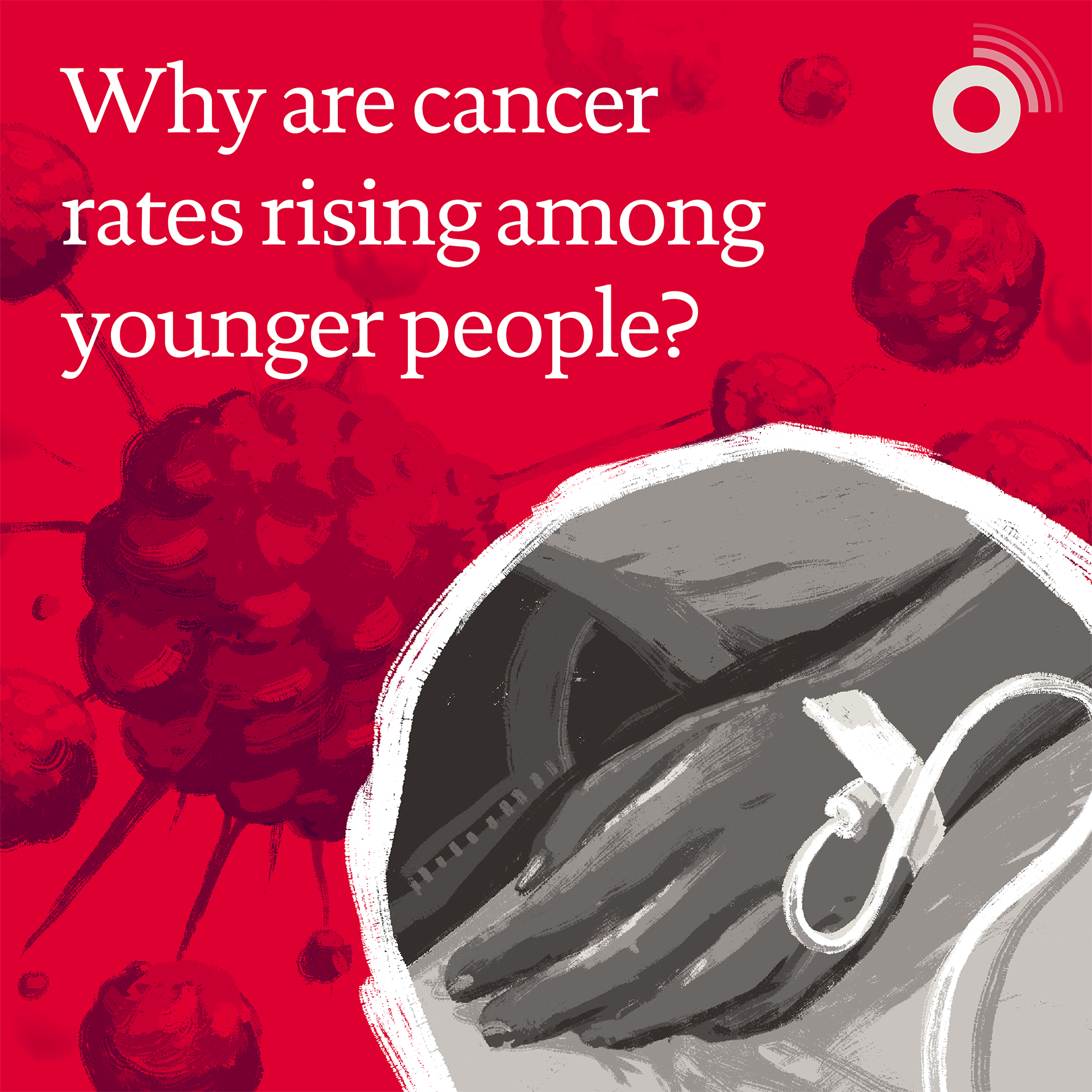Sep 11 2024 37 mins 12
Since the early 1990s, there’s been a concerning uptick in cancer incidence among adults younger than 50 years.
Scientists are racing to understand what’s driving these trends. Some evidence points to roles for established risk factors – including smoking and obesity. But some research is also exploring environmental exposures – such as microplastics and forever chemicals – and asking if these could be changing the microbiome and potentially causing inflammation within the body.
So what do these trends mean for cancer research, for health services and national policy? And faced with such stark trends, where are there grounds for hope?
To discuss, our Chief Executive Jennifer Dixon is joined by:
Kimmie Ng, specialist in oncology and Director of the Young-Onset Colorectal Cancer Centre at the Dana Farber Cancer Institute in Boston, and Associate Professor of Medicine at Harvard Medical School.
Charles Swanton, Deputy Clinical Director at Francis Crick Institute, Chief Clinician at Cancer Research UK, and a consultant oncologist at University College London Hospitals NHS Foundation Trust.
Show notes
Nature Reviews Clinical Oncology (2022). Is early-onset cancer an emerging global epidemic? Current evidence and future implications.
BMJ Oncology (2023). Global trends in incidence, death, burden and risk factors of early-onset cancer from 1990 to 2019.
Gupta S et al (2023). Birth Cohort Colorectal Cancer (CRC): Implications for research and practice.
Financial Times (2023). The unexplained rise of cancer among millennials.The New England Journal of Medicine (2024). Microplastics and nanoplastics in atheromas and cardiovascular events.
Cancer Grand Challenges. Team OPTIMISTICC: Opportunity to investigate the microbiome’s impact on science and treatment in colorectal cancer.
The Health Foundation (2023). How chronic stress weathers our health.
The Health Foundation (2024). Rising cancer incidence in younger adults: what is going on? (Forthcoming)
